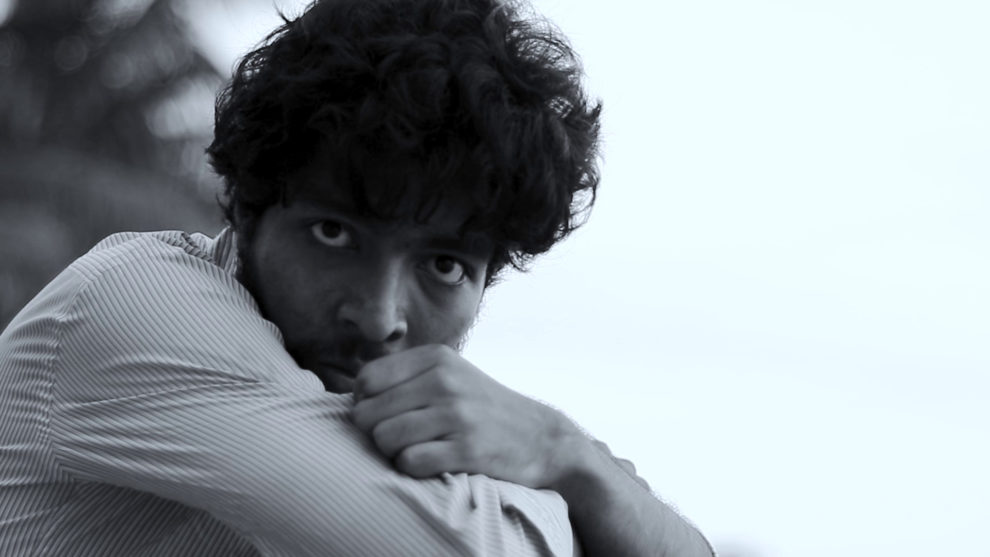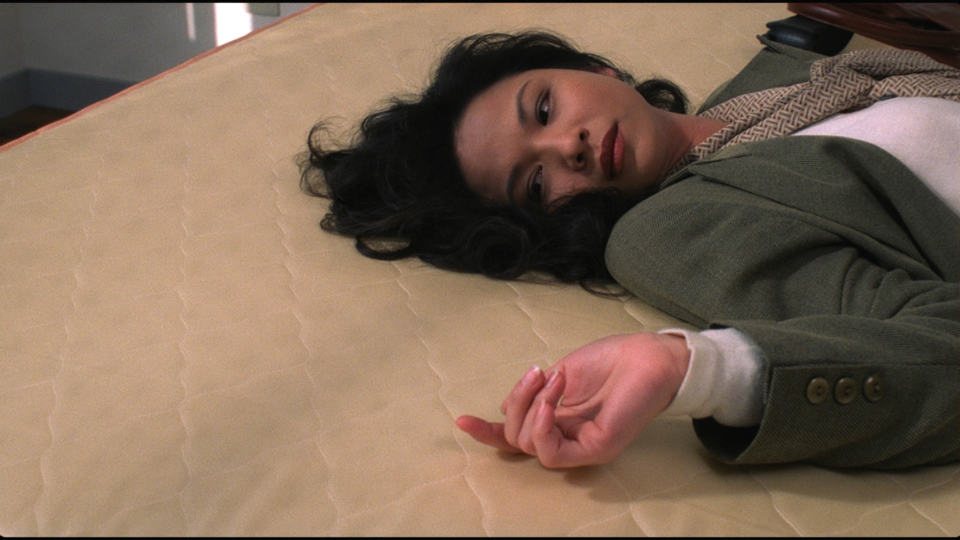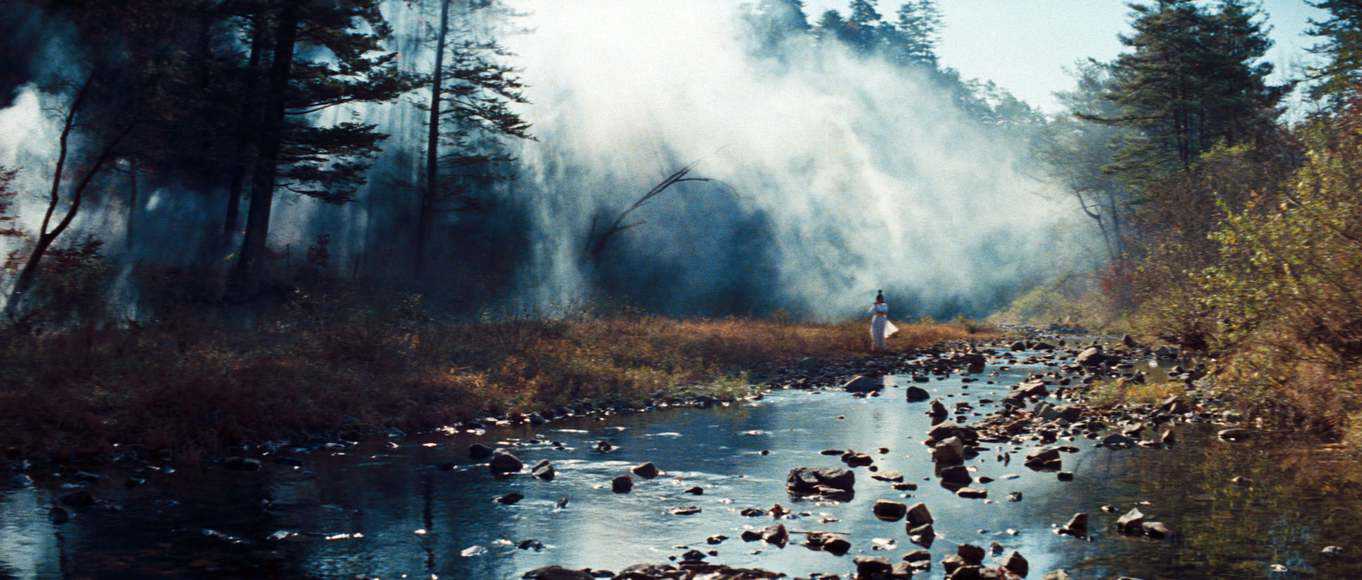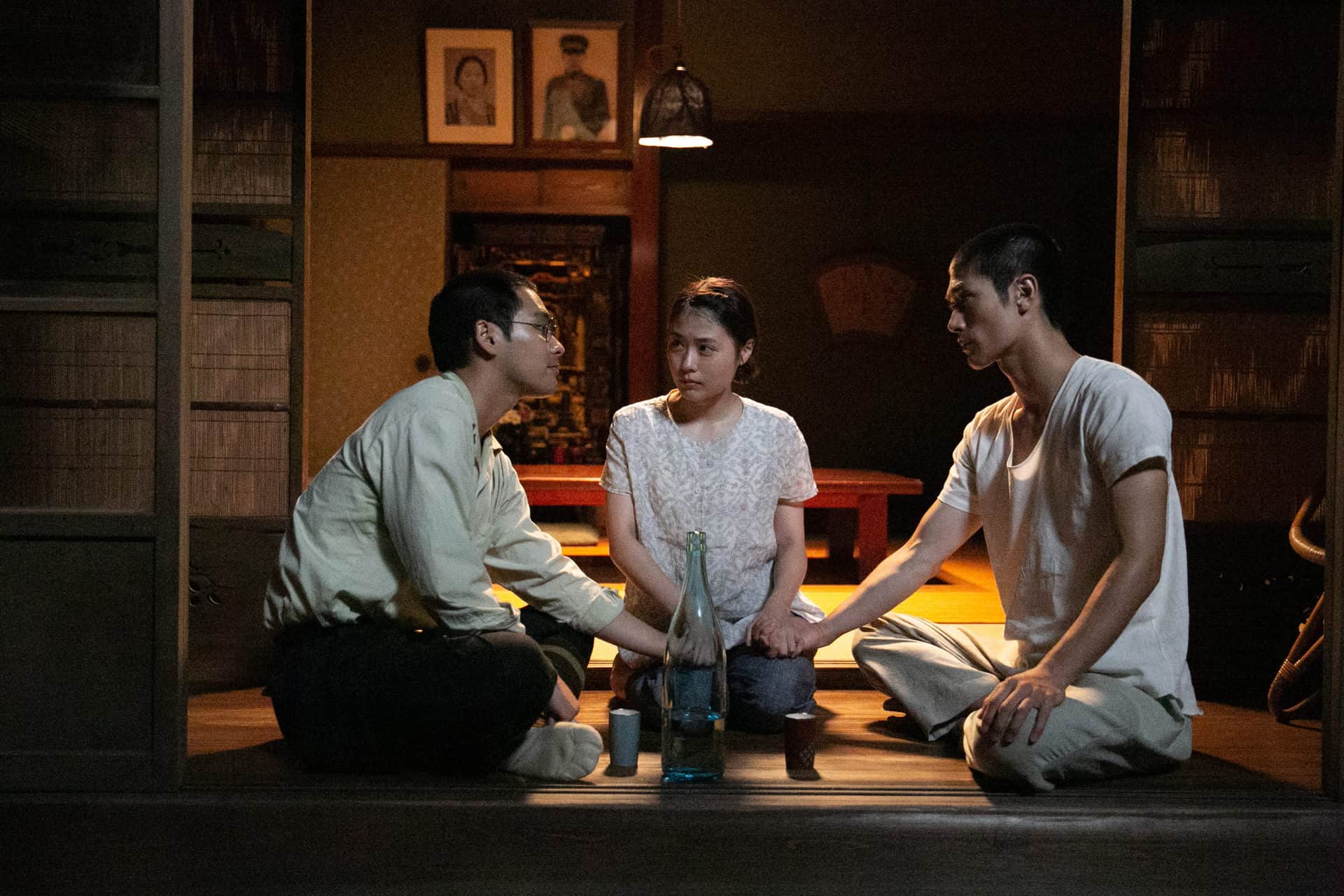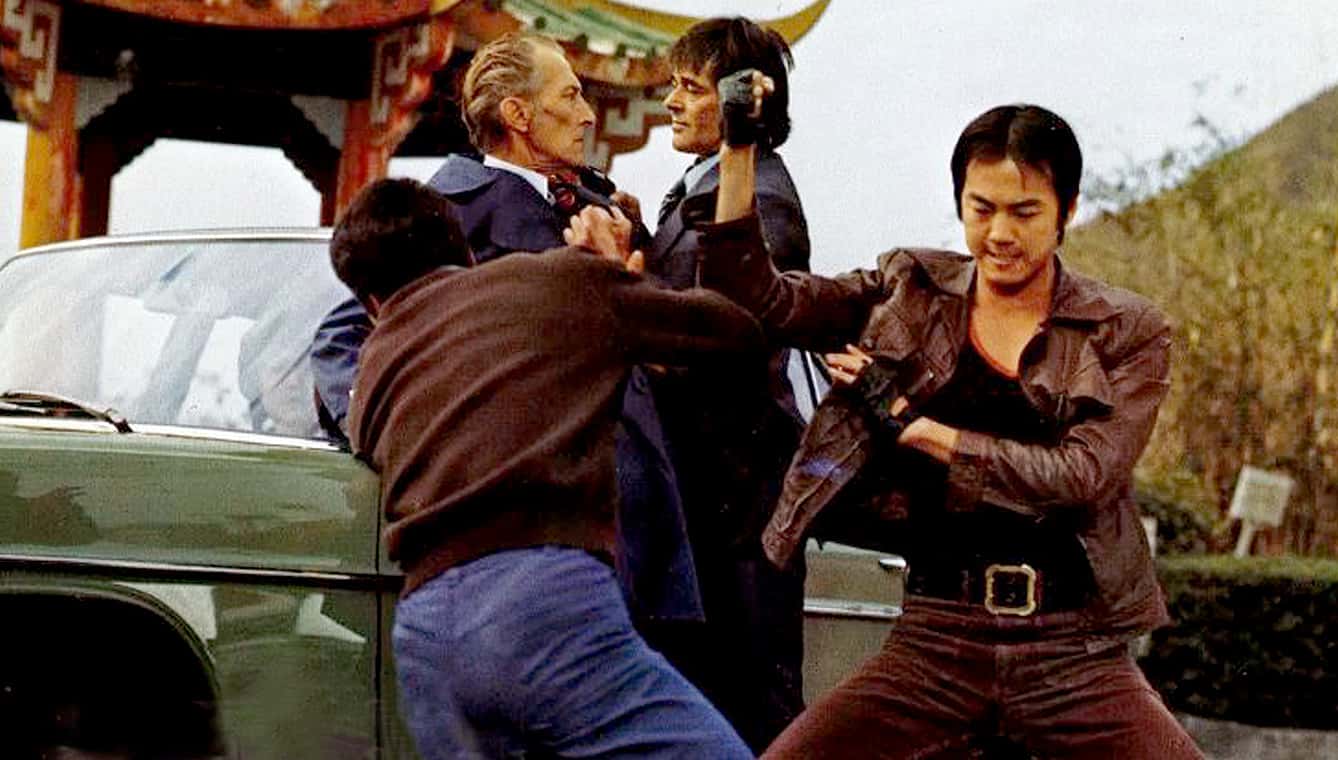Amongst the plethora of quarantine films we have watched during the lockdown, “The Holy Immersion” must be the only one who bolsters such an influence from Italian Neorealism, with the bicycle as the basis of the narrative and its mostly monochrome cinematography.
“The Holy Immersion” review is part of the Submit Your Film Initiative

The short begins with a brief scene showing an exhausted man moving along a street, before it moves backwards in time to pick the story from the beginning. The unnamed protagonist is a man obsessed with his bike, which he has named Ratan, spending almost all of his time taking care of it. His friend Pintu however, urges him to leave it behind, in order for the two of them to move to Kolkata to get a job, since their rural town does not seem to provide much for them. The first man agrees as reluctantly as possible, after Pintu tells him to leave Ratan to his brother to take care of it. After a scene of departure whose level is not even reached by hard-core romantic movies, the two leave to take the train.
After an impressive long shot showing Kolkata from afar, the scenery changes, with the two young men sitting near the river, completely frustrated by the fact that the lockdown has killed their job opportunities. The nameless man, however, is still set on his bicycle, which seems to draw him back to their town. Pintu cautions him that he will get beaten by the police if he tries to leave the city, but he does not listen, with the next scene bringing us back to the introductory one, revealing him as the exhausted man. What follows is an intense and rather unpleasant surprise, a mysterious character, an immersion in water and some lying down on the beach, and an almost surreal reunion.
Neeladri Banerjee directs a 15 minutes short that thrives on its aesthetics. DP Raj Pratim Banik's monochrome cinematography is impressive in both the long shots and the various close ups, most of which focus on the eyes of the nameless man, who always looks as his mind is lingering somewhere between a dream and obsession. Pritam Debnath in the role is rather convincing as the half-mad man, and Banik's camera makes the most of highlighting his prowess. A few splashes of color also have a contextual meaning, with the scenes he first found the bicycle as a kid and its reappearing additionally providing a much needed relief from all the black and white, which editor Rajorshi Mondal makes the most of, just as in the placement of the various flashbacks within the narrative. Pabitra Denre is also convincing as Pintu, with his antithesis with the protagonist providing a number of entertaining moments.
The messages Neeladri Banerjee communicates, however, are a bit mixed. I have to admit that I am not familiar with the masked person that saves the day in a way (if it has some religious hypostasis in particular that changes the meaning of the whole story) but the comment here seems to be that if you stay dedicated to something, the whole world will conspire to bring you back together. However, considering that this ‘something' is a bicycle, this comment also moves towards materialism, since, if there is some kind of metaphor here, it is not particularly obvious.

Furthermore, that the nameless man and his friend are being punished by the lockdown, essentially states that the former was right all along for not wanting to leave, and in combination with the fate of his bicycle as soon as he manages to return, seem to communicate that it is better to stay put, among the things you know and love, instead of moving forward to the big city where you do not know what can happen, in a very conservative comment about life.
Despite if one agrees with the messages of “The Holy Immersion”, the artistry of the short is more than evident in a rather impressive production.


